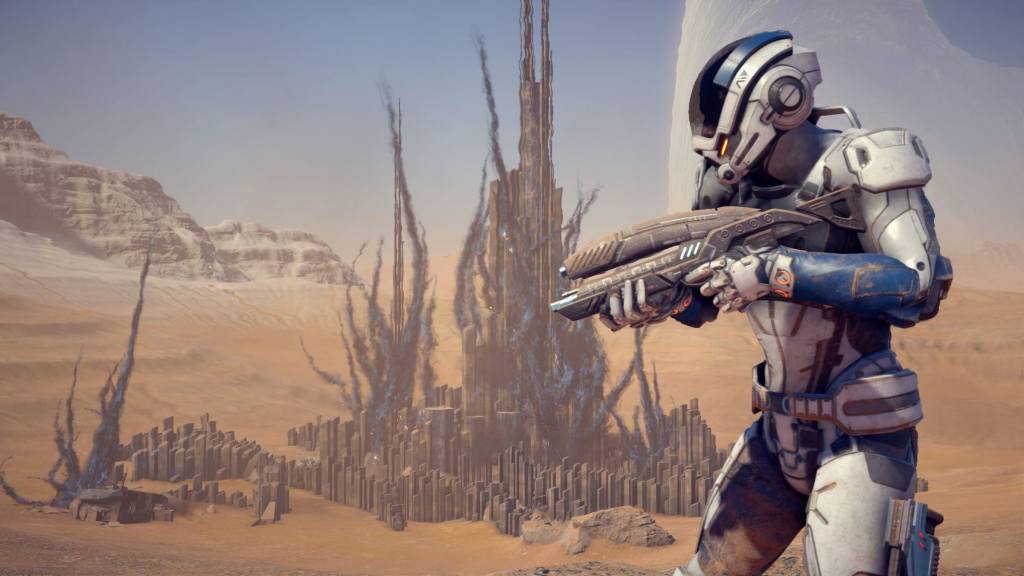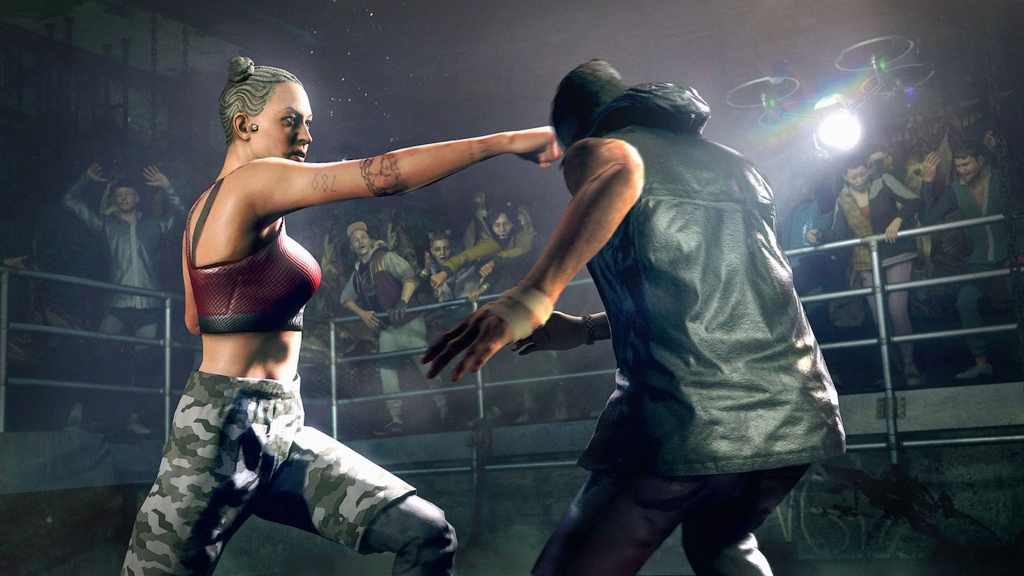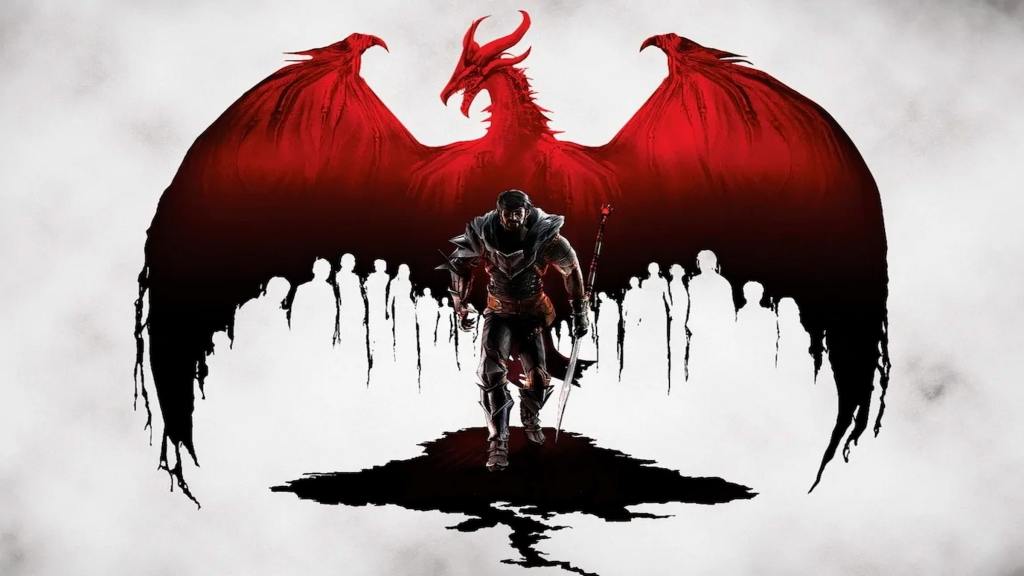In gaming, perception and reputation are everything. A rough launch or a single viral meme can doom a game’s intended perception before most players even get the chance to touch it. Sometimes, those early impressions stick for years, overshadowing everything the game actually did right. But when the dust settles and players go back with fresh eyes, a funny thing tends to happen: they realize these so-called “failures” were actually pretty great. Some of the most ambitious and creative games of the last decade were the ones everyone swore were not-so-good.
Videos by ComicBook.com
So, each of the following titles launched under a cloud of negativity that washed away their reputation, yet all four offered something memorable that was easy to miss at the time. Whether it was bold experimentation or just a fantastic setting that people didn’t appreciate, these games deserve a second look. So, let’s give them their due. Here are four games nobody wants to admit were actually great.
4. Mass Effect: Andromeda

Ah, yes: the Mass Effect title most known for its “my face is tired” memes that killed any chance it had at true success. In reality, few games have been judged as harshly as Mass Effect: Andromeda when it launched in 2017. Its technical issues became instant internet fodder, making it practically the laughing stock of the franchise in tandem. Awkward facial animations and early bugs painted it as a disaster, but that narrative buried what the game truly offered: a deep, beautiful sci-fi adventure brimming with exploration and charm. Beneath the rough launch was a game that recaptured the essence of discovery that made the original trilogy special, while simultaneously evolving it into something bolder.
What truly set Andromeda apart was its combat. It featured the most refined and exciting gameplay the series had ever seen, with fluid mobility, quick jetpack dodges, and the ability to chain biotic powers with heavy gunfire in seamless bursts of flawless momentum. Its innovative soft-cover system was a stroke of genius: responsive, dynamic, and perfectly suited to the game’s pace. Combat in Andromeda was about rhythm, and every encounter flowed naturally, encouraging players to adapt on the fly. Paired with an expansive new galaxy full of mysteries and genuinely touching crew interactions, Andromeda offered a complete sci-fi experience that deserved far better than the mockery it received. It was far from perfect, but to call it a bad game over some memes? A bit much.
3. Assassin’s Creed Unity

At release, Assassin’s Creed Unity became the poster child for buggy launches. Players laughed at floating eyeballs, broken NPCs, and endless visual glitches that seemed to define the experience from day one. After all, it was a game that advertised a co-op-focus, but was completely broken on release. Yet once the patches arrived, something remarkable happened: Unity emerged as one of the most ambitious and immersive games in the entire franchise.
Unity’s parkour system remains one of the smoothest in the series. The up-and-down traversal mechanics allowed for real precision, turning the rooftops into a kind of living puzzle. Stealth, too, returned to the forefront, offering a slower, more deliberate form of play that rewarded patience and planning. The game’s co-op missions were a glimpse into a multiplayer future that sadly never got to evolve. And beyond the mechanics, Unity delivered an emotional story with grief and revolution as centerpieces. With time and hindsight, Unity’s strengths shine through its rough past, and it was a visionary step forward, not the misstep many assumed. Even so, the reputation for this one was particularly bad, and the fault lies entirely with Ubisoft.
2. Watch Dogs: Legion

After Watch Dogs 2 revitalized the franchise, Legion dared to experiment again, and that courage cost it in the short term. Players were confused by its lack of a main character, but that was exactly the point. The “play as anyone” system was a bold statement about collective resistance, about how heroes can come from anywhere. Each person in the game’s futuristic London had a story and a reason to fight. Whether you recruited a spy, a construction worker, or a retiree, your team truly reflected the city’s diverse pulse.
The game balanced dark political commentary with the thrill of creative freedom by letting players blend stealth, hacking, and social manipulation in endlessly inventive ways. Each mission became a personal experiment in how far the system could bend. Though critics faulted it for lacking a central protagonist, that criticism missed the beauty of its design: Legion wasn’t about a single savior. It was about the power of many, about rebellion as a shared entity rather than a solo fantasy. Few open-world games have ever dared to embody such a message so completely.
1. Dragon Age II

No doubt this inclusion will be controversial, but consider this: Dragon Age II remains one of BioWare’s most misunderstood works. Following the sprawling epic of Dragon Age: Origins, fans expected another grand adventure across nations. Instead, they got something smaller, stranger, and far more personal. The game featured a story set almost entirely within one city over the course of a decade. Critics dismissed its reuse of environments, and for good reason. They weren’t anything to write home about to begin with. But what those limits enabled was a focus on people and politics rather than prophecy. It was an intimate character study told on a stage that felt lived in, with relationships that evolved naturally over years of triumph and loss.
Hawke, the protagonist, wasn’t a chosen one destined to save the world but a survivor navigating a city teetering on the edge of collapse. The game’s time-skip structure let players see the long-term consequences of their decisions, making each choice feel heavier. Its combat, while flashier and faster than before, had a visceral weight that fit the game’s more personal stakes. Dragon Age II dared to narrow its scope so it could deepen its story, and though that gamble alienated some fans, it also gave rise to one of BioWare’s richest, most character-driven narratives. Despite its poor reputation, Dragon Age II remains a solid game that, for those who’ve played it to its conclusion, generally leaves them satisfied. Is it the best game in the series? Not by a long shot, but it certainly isn’t a bad game.
What do you think? Leave a comment below and join the conversation now in the ComicBook Forum!









